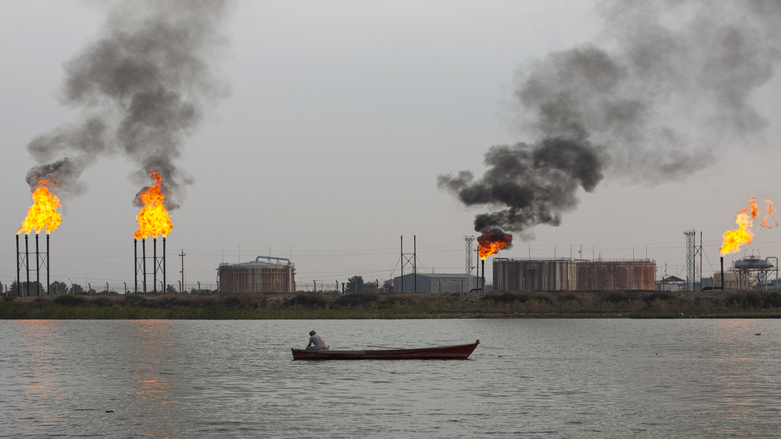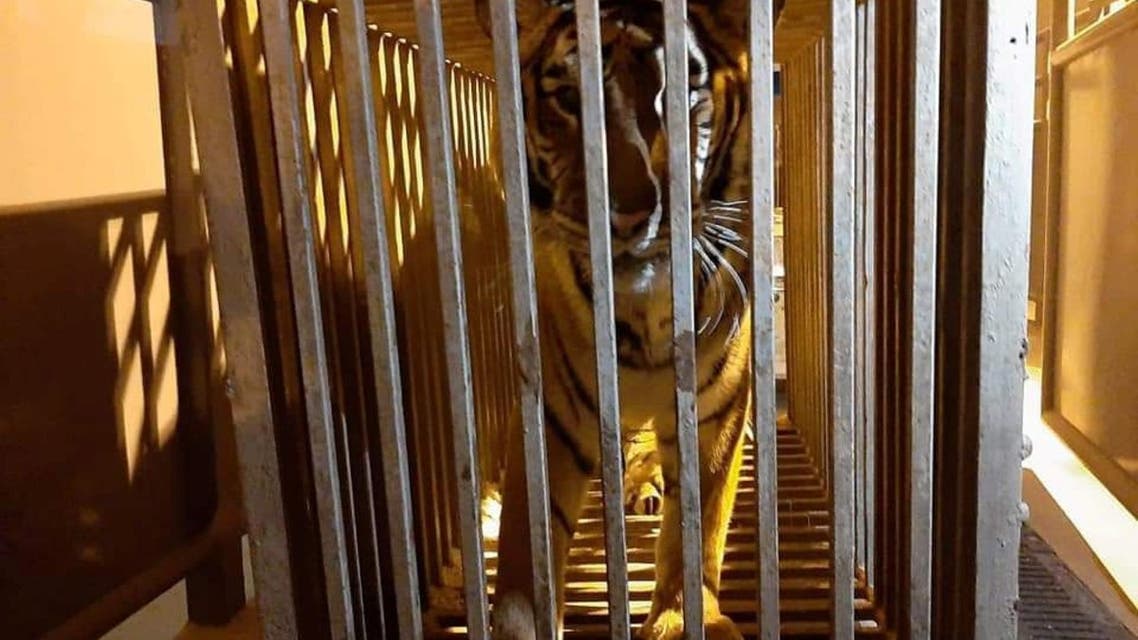Following reports of mistreatment and racial profiling of Africans in war-ravaged Ukraine, governments have begun to evacuate their nationals. Most of the evacuees are medical students hoping to finish their studies.

A government official spoke with Ghanaian students evacuated from Ukraine on their arrival in Accra
African countries have intensified efforts to evacuate their nationals from Ukraine. The African Union has urged governments to respect international law and assist all those fleeing from war in Ukraine after African students raised concerns of discrimination at the border points.
Although some students are happily back with their families, many remain stranded inside Ukraine and at border points with neighboring Poland. Other Africans have chosen to stay in Ukraine, particularly those without residence permits.
African countries that have repatriated their citizens
Zimbabwe said it had evacuated 118 students from Ukraine to Romania, Hungary, Slovakia and Poland.
Some 79 Kenyan students have left Ukraine following Russia's invasion and have sought refuge in neighboring countries like Poland, Romania and Hungary. However, according to Kenyan authorities, only one student has arrived back in Kenya. The government of President Uhuru Kenyatta has said it is coordinating the evacuation of many other students from various cities in Ukraine.
Nigeria said 256 of its nationals have left Ukraine. Gambia said it is coordinating with Morocco and Nigeria on the possible evacuation of its citizens.
Tanzania's Foreign Ministry said that 38 students in Ukraine had crossed into neighboring Poland, and officials at Tanzania's embassies in Germany and Sweden were overseeing the repatriation of all Tanzanians still stranded inside Ukraine.
An Abidjan news website reported that Ivory Coast's foreign minister, Kandia Camara, held a meeting with envoys from the EU, US and the UK to seek their support in evacuating Ivorians from Ukraine.
Guinea's Foreign Ministry said it has created a crisis unit to help coordinate the evacuation of its citizens from Ukraine.

Samuel Adjar hugs his daughter, Princilla, a medical student who was evacuated from Ukraine
'Chaotic' border crossing
Princilla Ayealey Adjar, 23, from Ghana had spent almost five years in Chernivtsi, western Ukraine, studying medicine. She told DW she had to walk many kilometers to reach the Romanian border to get to safety.
"We got off the bus, and we had to trek over an hour and a half, and that is how we got to the border that was already chaotic," said a relieved Adjar.
"There were so many people, Ukrainians, Ghanaians, Nigerians, Zimbabweans, Ethiopians, Egyptians, Indians; everybody was trying to find their way out of the country," she said, as she recalled the challenging journey.
On March 1, Adjar and 16 other students who made it to the Romanian border and other crossing points were evacuated to the Ghanaian capital, Accra, to reunite with their families. According to Ghanaian officials, the first batch of students arrived on separate flights operated by Qatar and Turkish Airlines and are part of about 527 Ghanaians who had safely crossed the Ukrainian border to neighboring Romania, Poland, Moldova, Hungary and the Czech Republic.
Princilla's father, Samuel Adjar, told DW that the entire family "is so excited that she made it back home safely. However, Adjar said the government should prioritize evacuating those still stranded in Ukraine.
"We still have our children there [Ukraine], and we are praying that all of them will have an opportunity to move back to the borders safely and then eventually come home," he said.
For now, Princilla Adjar feels lucky to be back in Ghana, but her worries are not over yet. "We are worried that we won't be going back to school anytime soon. Russia is now targeting important infrastructure, and I don't know if our school buildings will be spared. So, it is quite worrisome," she said.
Ghana vows to speed up evacuations
Ghana's foreign minister, Shirley Ayorkor Botchwey, said Accra had evacuated at least 500 nationals from Ukraine.
"We are committed to doing everything possible to ensure that all our nationals in Ukraine and those who have successfully exited that country can avoid harm and travel back home if they so wish," Botchwey told reporters.
She urged parents and other families to share information about their family members still inside Ukraine, and their locations, so that authorities can plan their evacuation.
Ghana is the first African country to successfully evacuate most of its citizens from Ukraine. Hundreds of Ghanaians are expected to return home in the coming days, according to Botchwey.
More than 2,000 Ghanaians have safely crossed several border points of Ukraine into neighboring countries.
However, despite the efforts to evacuate the African students, some have stayed behind regardless of the safety concerns. For instance, according to the Angolan state-owned newspaper Jornal de Angola, Angolans who had irregularly migrated to Ukraine have refused to be evacuated. The report said the Angolan migrants were afraid that Ukrainian authorities might prevent them from returning to the country.
Isaac Kaledzi in Accra contributed to this article
Edited by: Chrispin Mwakideu














